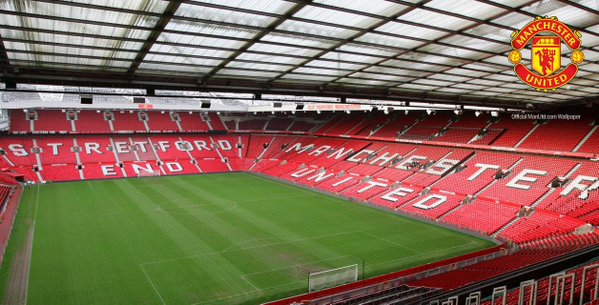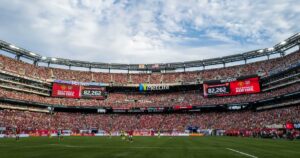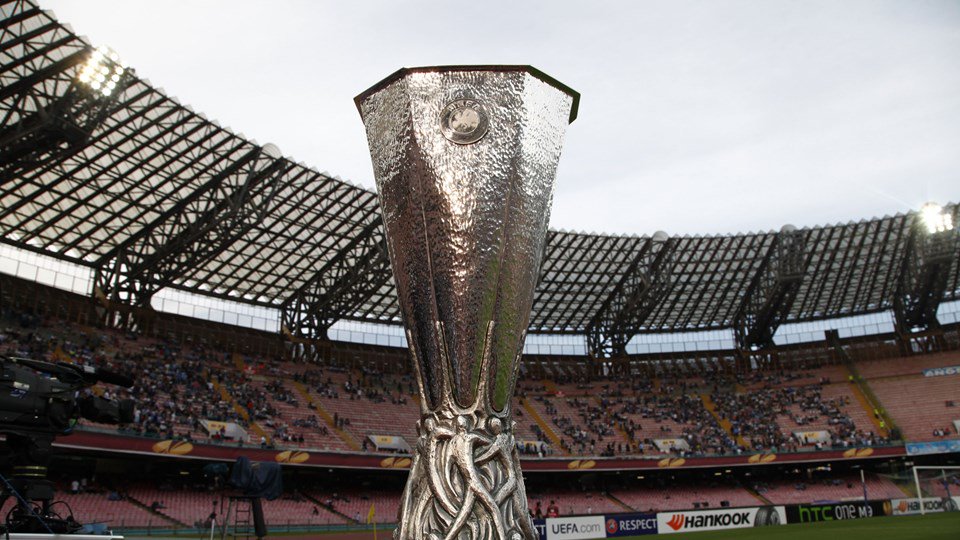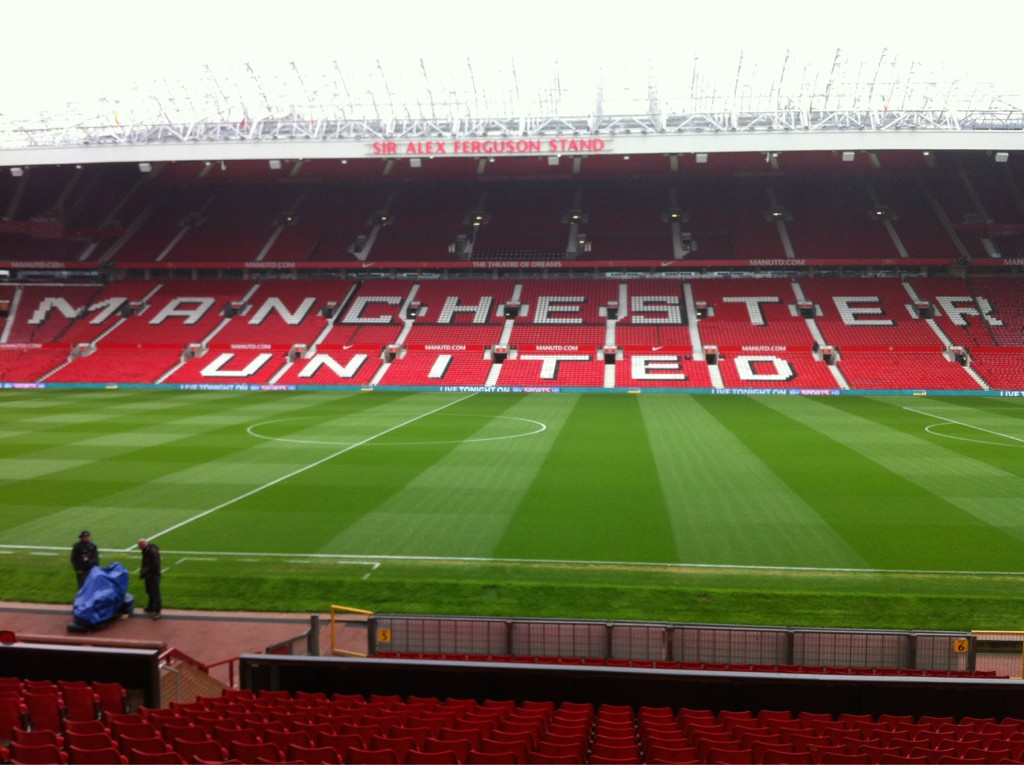Manchester United’s executive vice-chairman, Ed Woodward, addressed the club’s investors on Thursday to discuss the club’s latest set of financial results, the numbers sounded bleak.
Over a 40 per cent increase in net debt, revenues down and an estimated £23 million ($28m) already lost due to Covid-19 made up the headlines, and the worst is yet to come as these numbers are through only the end of March.
Games behind closed doors, the club’s shop and museum remaining closed and a huge reduction in broadcast revenue will ensure the next quarter’s results have a similarly negative impact.
As Woodward highlighted in the call, United are facing “one of the most testing and extraordinary periods” in their 142-year history.
“We must recognise that this crisis will not disappear overnight, and that the world that emerges will be different from how it was before,” he said.
Testing times are ahead, and not just for one of the world’s biggest clubs. Further down the footballing pyramid it is predicted that some clubs will not survive the financial impact brought about by the pandemic, and the estimated £23m loss – an amount that will continue to rise the longer games are not played – will be replicated across all the other Premier League clubs.
“The lack of Champions League football and the impact of Covid-19 has been seen in United’s latest financial results. They’re poorer than they would be normally but they’re not horrendous,” football finance expert Kieran Maguire told Goal. “The fourth quarter results will be pretty horrendous.
“They’ve still got a huge wage bill to pay and without matches there won’t be as much money coming in, so they will be expecting a big deterioration in the fourth quarter.”
The real impact of the pandemic will be seen in the next financial results, released in another three months, but there is confidence at United that their business model and strong commercial partnerships should, in some way, help them to weather the storm.
“No question, the economic ramifications from this global pandemic will continue to resonate for years to come, but we remain optimistic about the long-term outlook for the sponsorship business and our ability to remain a leader within the market,” Richard Arnold, the club’s group managing director, said.
As we enter into a summer of uncertainty, with clubs across Europe struggling to stay afloat, United are well positioned to take advantage of a depressed transfer market with £90m of cash available, plus an additional £150m in credit reserves.
The global pandemic will cost United to miss out on around £12m in revenue from a summer tour this year, but the big question mark is whether United will be in the Champions League next season?
United’s contract with kit supplier Adidas contains a clause that means failure to qualify for the Champions League for a second successive season would see a reduction in income of 30%, an amount that is estimated at around £22m. Factor that into another year of lost television revenue as well as the hit it will give their overall brand, and the issues would begin to mount up.
With Manchester City’s appeal against their two-year Champions League ban set to be heard by the Court of Arbitration for Sport (CAS) between June 8-10, United may well know whether a fifth of fourth-placed finish will be enough for Champions League qualification when they eventually return to action. Of course, they could still win the Europa League too, and as such they are well placed to book their spot.



